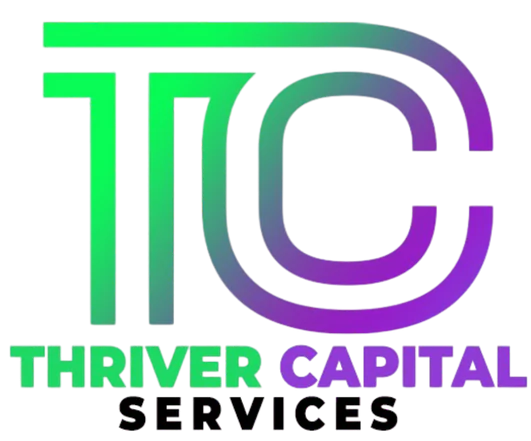1. Simplify Your Financial Life with One Single Payment
Managing numerous debts is a part-time job nobody wants. Juggling different due dates, minimum payments, and creditor logins is not only time-consuming but also a major source of anxiety and potential error. Debt consolidation streamlines this chaos into one predictable monthly payment to a single lender. You’ll have just one due date to remember and one payment to automate, drastically reducing the risk of accidental missed payments and costly late fees. Imagine checking your bank account and seeing a single, scheduled transaction instead of a dozen unpredictable withdrawals. This single payment acts as a clear roadmap, making it easy to track your progress and stay motivated. You’ll replace the frustration of managing a complex web of debts with the satisfaction of watching one balance steadily decrease. This newfound simplicity provides a clear, organized framework for your finances, freeing up mental energy and allowing you to focus on your broader financial goals instead of daily money management.
This organizational benefit cannot be overstated. By centralizing your debt, you gain a powerful, at-a-glance understanding of your financial standing. There’s no more guessing, no more spreadsheets tracking ten different accounts. You can clearly measure your progress month-over-month, which transforms an abstract, stressful situation into a tangible, manageable project with a defined endpoint.





